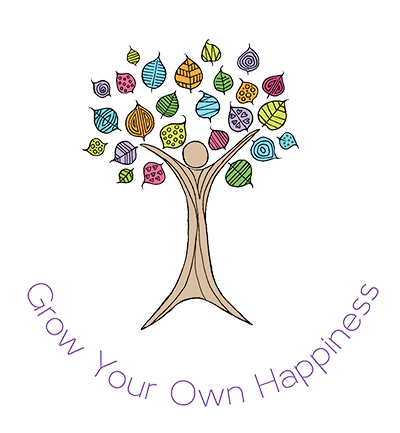How a Mindfulness Workshop can benefit both your business and your employees
Corporate wellbeing is absolutely essential to the success of a company.
The CVS Group Health and Safety Manager said that “stress and wellbeing issues are as important as fire, radiation, or any other hazard”.
Stress is the primary reason for absenteeism, over 200 million days are lost every year due to sickness absence.
Presenteeism costs businesses 1.5 times more than absenteeism. Presenteeism is when people are present at work because they are worried that taking time off would be held against them this however results in mistakes, accidents and under-performance, therefore both the business and the individual are negatively affected.
Research has shown that mindfulness significantly reduces stress and improves performance plus many other things. Scientific evidence relating to the effectiveness of mindfulness has resulted in many companies throughout the world adopting mindfulness programmes.
Reported effects of Mindfulness Programmes:
- Reduced Abstenteeism and Presenteeism
- Reduced Stress
- Reduced Anxiety
- Reduced depression
- Improved Wellbeing and Happiness
- Improved Performance
- Increased Resilience
- Improved Working Relationships
- Improved Collaboration
- Improved Leadership
- Improved Decision Making
- Improved Creativity
- Improved Innovation
- Improved Focus
What is mindfulness?
Mindfulness is a method of mental training and an aspect of positive psychology which is being embraced by more and more corporate organisations. Mindfulness is defined as “paying attention in a particular way: on purpose, in the present moment, and non-judgementally”.
Mindfulness allows us to overcome the noise in our heads by learning how to stay in the present moment. People who practice mindfulness are taught how to increase their self-awareness, self-compassion and to begin to let go of judgement. It can be practiced by anyone, regardless of age, ability or religion.
Everybody is affected by stress at some point but some people are more able to cope with it than others. Mindfulness can reduce stress and increase resilience thereby giving employees a healthy coping strategy.
Research has shown that mindfulness meditation can have a positive impact on both a person’s professional and personal life. Those who practice mindfulness regularly are better able to regulate their emotions and are happier in the workplace and at home.
The scientific evidence relating to the effectiveness of mindfulness is explained in greater detail at the start of a GYOH mindfulness programme.
Here are some ways that mindfulness can improve your business and help your employees.
Absenteeism / Presenteeism
The majority of employee absence is due to work-related stress. Most people experience stress at work, but for some, coping with it can be a real challenge. Mindfulness practices help people to respond differently to pressure, in a calm and more productive manner. The practice helps to improve mental and physical health, which reduces both absenteeism and presenteeism.
Creativity
Mindfulness has been shown to improve creativity and innovation. Our ability to be creative, innovative and productive is significantly impacted by whether we are in a positive or negative mindset, in other words whether we are happy or stressed. People who practice mindfulness tend to be more self aware and have improved empathy which results in them working better in a team and improving their leadership skills.
Stress
Practicing mindfulness reduces stress and improves overall well-being. It helps people to manage negative thoughts, to feel calmer and to respond better in difficult, stressful situations, for instance, dealing with deadlines or criticism.
Focus
Mindfulness helps focus and concentration, i.e., in making decisions, boosting our productivity and completing tasks efficiently.
Wellbeing
Mindfulness practice improves levels of compassion for ourselves and others. It also increases emotional intelligence and makes us more aware of our own thoughts and feelings which in turn, improves relationships and encourages people to feel more connected with one another, which leads to a harmonious workplace.
How can I:
Help my employees to be more mindful and
Understand and promote the wide range of mindfulness techniques available?
It is important to approach mindfulness meditation with an open mind. There are a number of different ways to practice mindfulness. Basic mindfulness meditation, for example, involves sitting quietly and focusing on the breath, a body scan meditation helps you to become aware of your senses and to notice sounds, tastes and touches.
Try some of the mindfulness meditations that I have put on YouTube.
Lead by example
Your employees will feel much more motivated to try mindfulness if they see that you are open to it too. Introduce your employees to the benefits of mindfulness and how it can help them in both their professional and personal lives. Try it out and start seeing the benefits for yourself.



